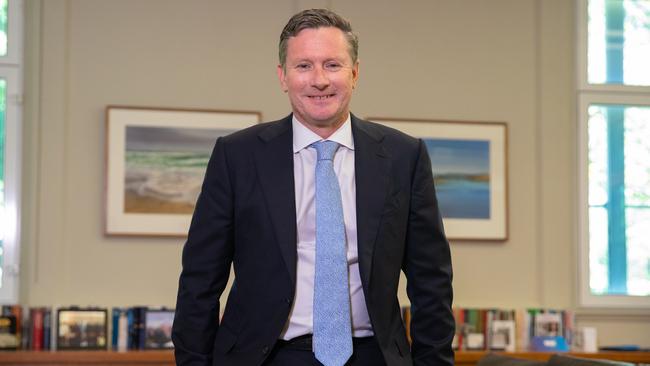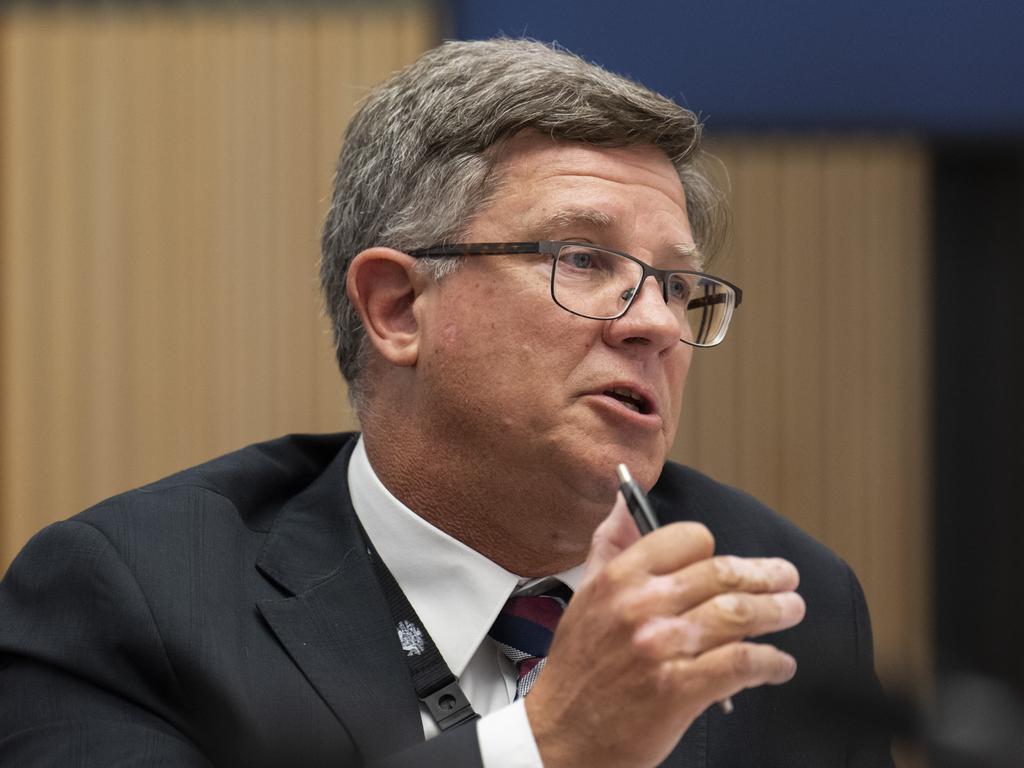
A whole-of-government effort to fortify Australia’s economic security and build national resilience – a project embraced by Scott Morrison and continued under Anthony Albanese – is reshaping how the bureaucracy operates.
Challenging longstanding economic orthodoxies, there is a growing acceptance within government that economic efficiencies will sometimes need to be traded-off to buttress national security.
Policy decisions across the board are increasingly made through a national security lens in a break with the past that heightens the risk of new and potentially serious mistakes being made that could see taxpayer funds being misused on a grand scale.
This is an experiment and a key inflection point for Australia. The great symbol of the shift is Labor’s flagship Future Made in Australia policy.
It also comes at a time of growing concern that governments have neglected traditional approaches to national security by failing to more swiftly increase defence spending or acquire new advanced military capabilities.
An insight into the redefinition of Australian national security was provided this week at a two-day conference hosted by the United States Studies Centre in Sydney.
In rare public comments, the director-general of the Office of National Intelligence, Andrew Shearer, declared the agency was now working much more closely with all government departments, especially in non-national security areas. The goal is to preserve Australia’s economic security.
“I guess we’re all national security portfolios now,” he quipped.
The message was reinforced by the heads of DFAT, Industry, Climate Change and Treasury with Treasury Secretary, Steven Kennedy, carefully making the case for greater government intervention in chosen industries such as critical minerals.
“When a nation state is seeking to dominate particular markets for broader aims, the response should not be viewed primarily through an economic lens, but through a national security lens,” he said.
“In the case where the goods are genuinely critical to global prosperity and security, and where the actions of one large country are distorting the efficient operation of the market, preventing long-term investment and diversification, we and trading partners should not stand idle.”
It is hard to imagine a Treasury secretary making these kinds of comments in favour of government intervention even as recently as five years ago.
In another sign of the unfolding transformation, Climate Change and Energy Department secretary David Fredericks declared that: “My department is also a department of national security and foreign policy.”
“My department has incredible influence in the conduct of foreign policy in this country, and in ensuring the national security of this country,” he said.
This description of the Climate Change Department may shock many Australians. It is also worth remembering that Anthony Albanese added Climate Change Minister Chris Bowen to the National Security Committee of cabinet in 2022.
The sweeping nature of the unfolding transformation also invites further questions about whether it means an inevitable increase in the size of government and if greater integration between departments makes policy making more challenging or reduces accountability.
Governments will ultimately need to walk a fine line in trading-off economic outcomes in the name of national security. Strict guardrails are a necessity as Australians are unlikely to tolerate any government that uses national security as a justification for unwise investments really aimed at serving its own political purposes.








Australian national security has been radically redefined with several top public servants revealing the sweeping scale of the transformation and what it means from an insider’s perspective.